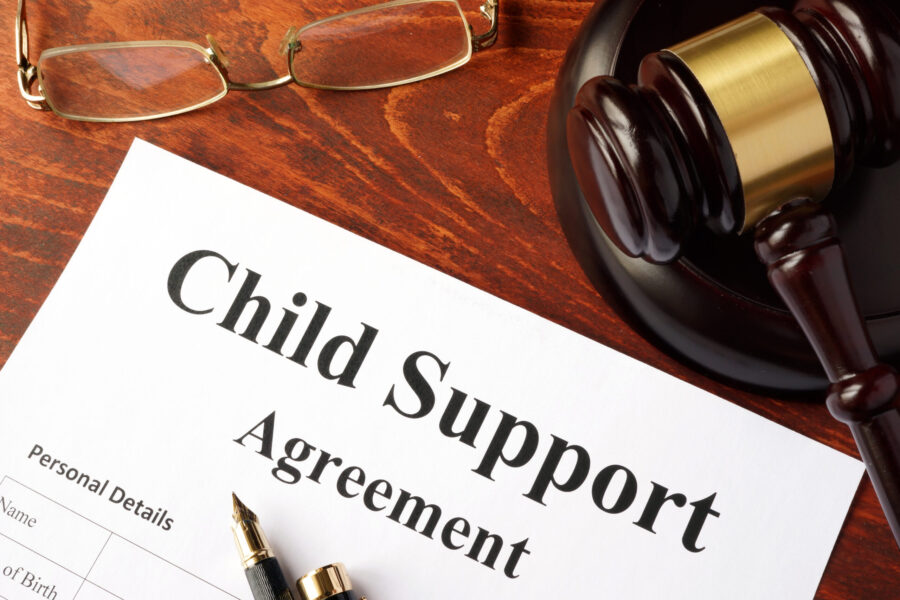Contents
Understanding Child Support Obligations with 50/50 Custody in New York
Child support is a critical aspect of family law that ensures children receive adequate financial support from both parents, even in cases of shared custody. In New York, the nuances of child support obligations can be complex, particularly when parents share equal custody of their children. This article will explore whether a father must pay child support when there is a 50/50 custody arrangement in New York, the factors influencing such payments, and the legal framework governing these obligations.
Overview of Child Support in New York
In New York, child support is governed by the Child Support Standards Act (CSSA), which provides guidelines for calculating the amount owed by noncustodial parents. The law recognizes that both parents have a financial obligation to support their children, regardless of their marital status or living arrangements.
Key Points:
- Duration: Child support payments continue until the child turns 21 or becomes emancipated.
- Obligation: Both parents are responsible for supporting their children financially.
- Enforcement: The New York State Child Support Enforcement Unit (CSEU) oversees the enforcement of child support orders.
What is 50/50 Custody?
50/50 custody, also known as joint physical and legal custody, refers to a parenting arrangement where both parents share equal time and responsibility for their children. This arrangement emphasizes the importance of both parents’ involvement in their children’s lives after separation or divorce.
Characteristics of 50/50 Custody:
- Equal Time: Children spend roughly half of their time with each parent.
- Shared Responsibilities: Both parents are equally responsible for day-to-day parenting tasks.
- Cooperation Required: Effective communication and cooperation between parents are essential to meet the children’s emotional and physical needs.
Do You Have to Pay Child Support with 50/50 Custody?
The question of whether a father must pay child support in a 50/50 custody arrangement is nuanced. While it may seem logical that equal time would negate the need for child support, New York courts often require one parent to pay child support based on income disparities.
Key Considerations:
- Income Disparity: If one parent earns significantly more than the other, they may still be required to pay child support despite a 50/50 custody arrangement. The parent with the higher income is typically considered the noncustodial parent for child support purposes.
- Child Support Calculation: The CSSA provides a formula for calculating child support based on parental income. Even in shared custody situations, this formula may apply unless both parents agree otherwise.
- Court Decisions: Courts have discretion in determining child support obligations. In some cases, they may deviate from standard calculations if it serves the child’s best interests.
Legal Framework Governing Child Support
In New York, child support decisions are primarily based on the “best interests of the child” standard. This legal principle aims to ensure that custody arrangements serve the child’s overall well-being and happiness.
Factors Considered by Courts:
- Parental Income: The combined income of both parents plays a crucial role in determining child support obligations.
- Child’s Needs: Courts consider any special needs or circumstances affecting the child.
- Living Arrangements: The stability and suitability of each parent’s home environment are assessed.
Case Law: Bast v. Bast
One significant case that illustrates how courts handle child support in 50/50 custody arrangements is Bast v. Bast. In this case, the New York Court of Appeals ruled that even when parents share equal custody, the higher-earning parent could still be required to pay child support. The court emphasized that financial obligations should not solely depend on physical custody arrangements but rather on ensuring that children’s needs are met adequately.
Modifying Child Support Payments
If circumstances change significantly after a child support order is established, either parent can request a modification through the court. Valid grounds for modification may include:
- A substantial decrease in income (typically 15% or more).
- Changes in custody arrangements.
- Significant changes in the child’s needs.
Benefits and Challenges of 50/50 Custody
While 50/50 custody arrangements can provide numerous benefits for children, they also present challenges that families must navigate carefully.
Benefits:
- Enhanced Parent-Child Relationships: Children maintain strong relationships with both parents.
- Balanced Responsibilities: Both parents share parenting duties equally.
- Stability for Children: A consistent routine can be established across both households.
Challenges:
- Logistical Complexity: Coordinating schedules between two households can be difficult.
- Potential for Conflict: If communication breaks down, disputes may arise regarding parenting decisions.
- Adjustment Difficulties for Children: Frequent transitions between homes can be stressful for some children.
Conclusion
Understanding child support obligations in New York is essential for fathers considering or navigating a 50/50 custody arrangement. While equal parenting time may lead some to believe that no child support is necessary, income disparities often dictate otherwise. By being informed about how payments are calculated and what factors influence these amounts, fathers can better prepare for their financial responsibilities while ensuring their children’s needs are met.
FAQ Section
Do I have to pay child support if I have 50/50 custody?
Yes, if one parent earns significantly more than the other, they may still be required to pay child support despite an equal custody arrangement.
How is child support calculated in New York?
Child support is calculated based on a formula that considers both parents’ combined income and applies statutory percentages depending on how many children are involved.
What happens if my income changes after a custody agreement?
You can petition the court for a modification of your child support order if your income changes significantly.
Can I waive child support payments in a 50/50 arrangement?
Parents can agree to deviate from standard calculations; however, such agreements must be formalized through the court to ensure enforceability.
What factors do courts consider when determining child support?
Courts consider parental income, child’s needs, living arrangements, and overall stability when determining child support obligations.
Summary Table of Child Support Obligations with 50/50 Custody
| Factor | Description |
|---|---|
| Combined Parental Income | Total gross income from both parents |
| Income Disparity | Higher earning parent typically pays child support |
| Child’s Needs | Special circumstances affecting financial obligations |
| Court Discretion | Courts may deviate from guidelines based on best interests |
For more detailed information on New York’s child support laws and guidelines, you can visit Wikipedia on Child Support or refer to resources from New York State Child Support.


